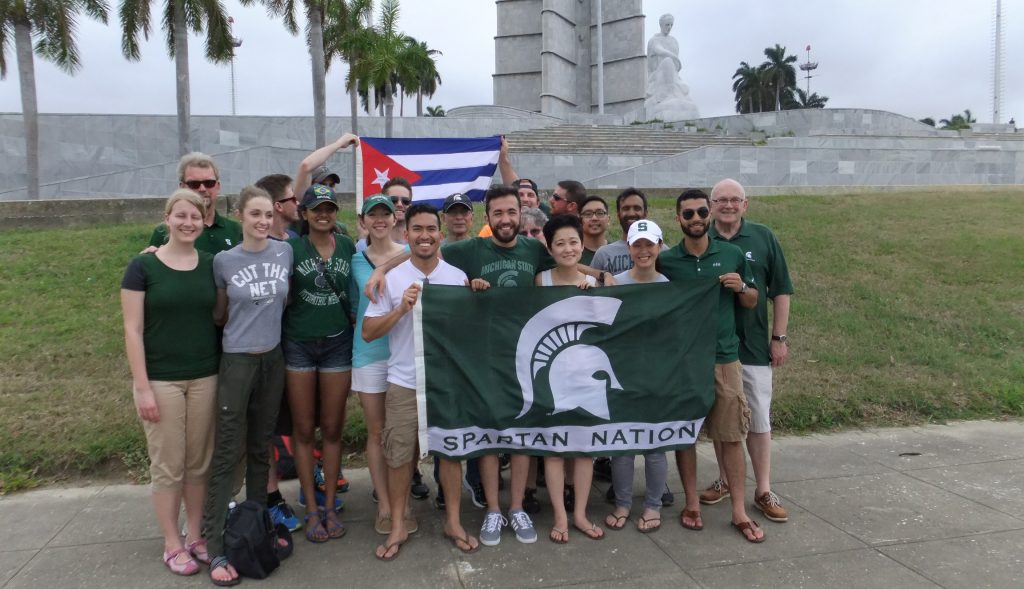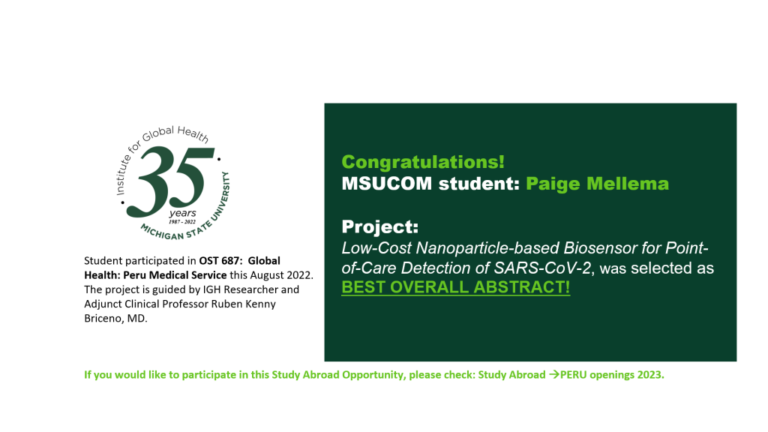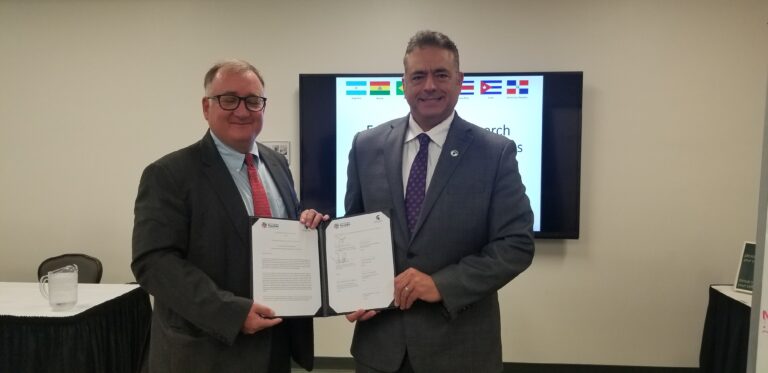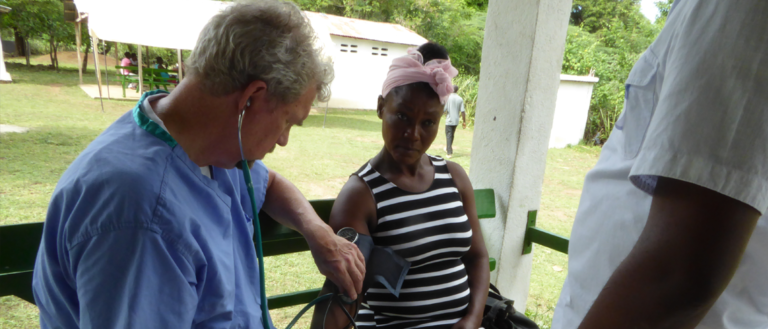
In early April 2019, 11 students from Michigan State University College of Osteopathic Medicine traveled to Havana, Cuba to immerse themselves in Cuban culture and the healthcare system. Many student groups from MSU COM participated to in the trip to Cuba previously, and past students spoke very highly of both the Cuban medical field and culture. This most recent group spent two weeks in Cuba at the Hospital Calixto Garcia, rotating between one week in Internal Medicine and one week on General Surgery.
As a fourth-year student that accepted to participate in the Cuba 2019 trip, I was beyond ecstatic for the opportunity. The country, like for so many, has always been this far-off dreamland, given its limited accessibility. Within hours of landing, all of my expectations of rich culture and people were quickly surpassed. I didn’t expect years of beautiful history, strong pride in the revolution (even60 years later!), and genuine respect for fellow citizens.
The days at Hospital Calixto Garcia were very similar to the ones in the United States, despite some obvious differences like the physical appearance of the open-air hospital. Our mornings started with sign out with the General Surgery team, followed by surgery and internal medicine rounds, respectively. The Cuban residents and medical students welcomed our group with open armsand were eager to practice their medical English, a skill that all our group praised and applauded. After rounds, the internal medicine group would participate in teaching sessions, while the surgery team would attend to scheduled surgeries. Hospital Calixto Garcia also serves as one of the largest trauma hospitals on the island and it would not be uncommon to see multiple patients involved in motor vehicle accidents per day.
One true focus of our trip was to observe the significant emphasis on preventative care and public health missions within Cuba. Most Cuban primary care physicians live in the same neighborhood as their subset of patients. Aftermeeting with some family medicine physicianswe soon realized how closely knit these communities were, specifically concerning healthcare. One of the family medicine residents could recite exactly how many patients were in his domainand specific percentages of who had various chronic diseases. When discussing infant and child vaccination rates in Cuba, we were surprised to learn about the heavy involvement of family members and neighbors if a parent chooses not to vaccinate their child.
Many discussions while in Cuba revolved around the low rate of neonatal mortality, even when compared to developed North American countries. Part of this was attributed to the significant advances in prenatal care within Cuba; pregnant women see their physicians at least twice monthly throughout all of pregnancy and had multiple options for home care visits. Additionally, pregnant women can choose to be admitted to the maternal care hospitals for periods of rest throughout pregnancy.
Not only did we interact with Cuban physicians and healthcare teams, but we also met many medical students and residents from countries all over the world. Cuban medical schools are highly regarded internationally and most have a significant percentage of international students, primarily from Sub-Saharan Africa and Central America. Most of the international students speak no Spanish upon arrival to Cuba and within weeks have mastered both conversational and medical Spanish.
Cuba, a country only 90 miles away from the United States, has such a vibrance and energy that can’t be experienced anywhere else. Perhaps this is because there is such an influence on the artsand you can hear the beats of salsa music everywhere you turn. This developing country combines the lustrous energy of the bustle of the city, with the slow island-time feel that helps you relax. My gratitude extends to MSU as well for the years of planning and collaboration for this trip. Not many people can say they finished off their medical school career in Havana, and for this, I am very grateful.
Muchas gracias por todo! Viva Cuba!
Karina Pone, MSU COM Class of 2019



